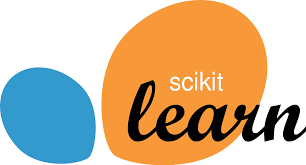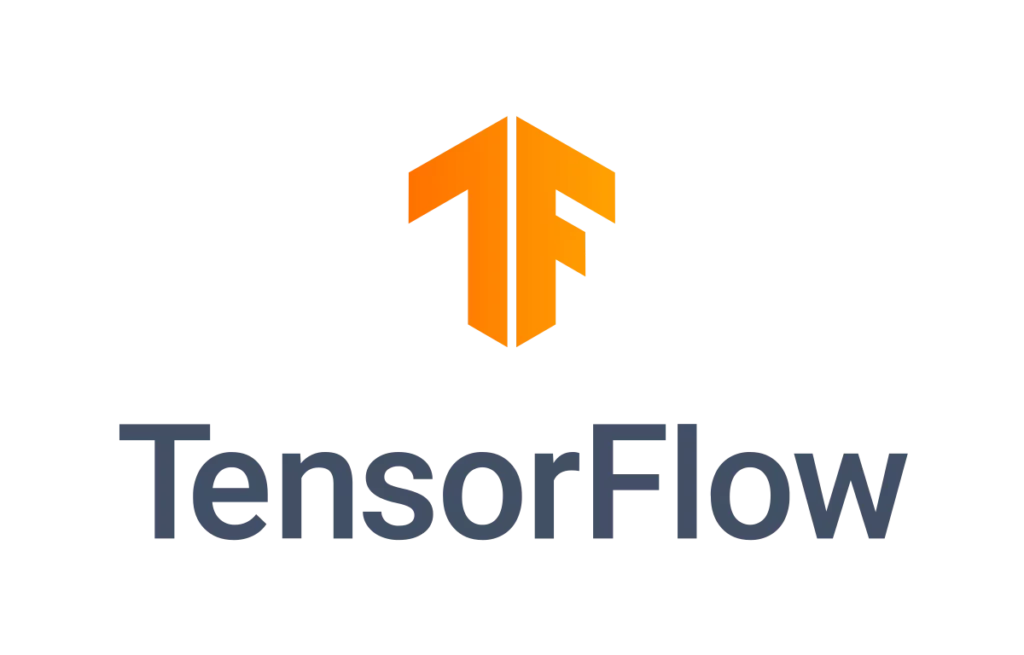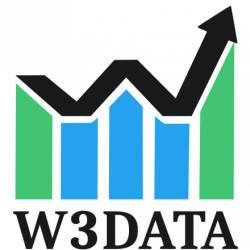
Big data has become essential for stock investors because it provides deep insights, improves risk management, enhances operational efficiency, and offers personalized experiences. By leveraging big data, investors can make smarter, data-driven decisions that drive growth and profitability.
W3Data provides a free social financial data platform that streamlines financial data discovery, sharing, and analysis. Leveraging Web 3.0, we aim to enrich the experience for today’s investors.
Disclaimer: The information provided on this website is for informational purposes only and should not be considered as investment advice. W3Data does not endorse or recommend any particular security or fund, nor does it encourage the purchase or sale of any security or fund.
Any investment decisions made by visitors to this website are solely at their own risk. W3Data expressly disclaims all liability for any actions taken based on the information contained herein. Visitors should conduct their own research and analysis before making any investment decisions.
W3Data make no warranties, express or implied, regarding the accuracy, completeness, or reliability of the information provided on this website. Visitors use this information at their own risk and agree to hold W3Data harmless from any claims arising from the use or interpretation of such information.
Visitors should use their own judgment and seek professional advice before making any investment decisions. W3Data shall not be liable for any damages or losses resulting from the use or reliance on the information provided on this website.
MongoDB
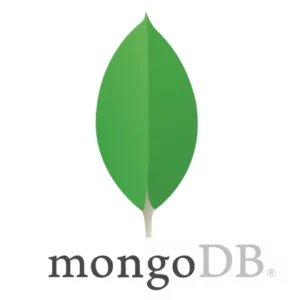
MongoDB is a general-purpose, NoSQL database that provides support for JSON-styled, document-oriented storage systems. Its flexible data model enables you to store data of any structure, and it provides full index support, sharding, and replication.
Thousands of enterprises, including Google, Toyota, Intuit, Forbes, Barclays, Verizon, Gap, and Adobe, rely on MongoDB. W3Data uses MongoDB clusters to store its own and third-party datasets.
Kubernetes
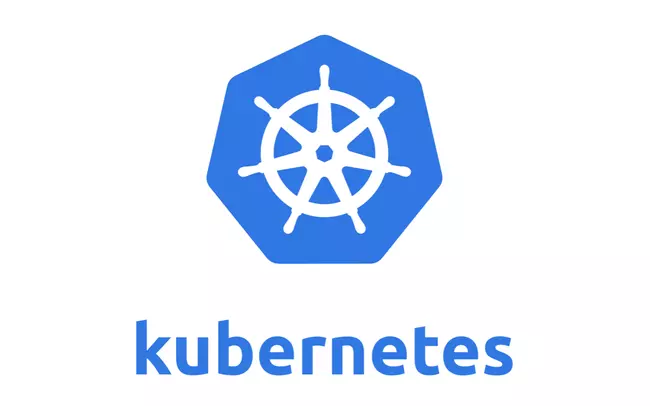
Kubernetes makes it easier for containerized applications to run on a group of hosts.
The Kubernetes system, which was made by Google, makes it easier to run and manage cloud-native applications on cloud platforms.
W3Data uses the Kubernetes container farm to process enormous amounts of data every day.
Next Generation Internet
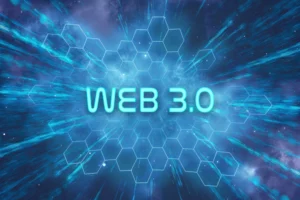
Web 3.0 is the third generation of web services for websites and apps. Web 3.0 is a new stack for a radically better internet. All data is stored and processed on open networks such as blockchain or IPFS networks with verifiable integrity.
W3Data stores NFT files on the decentralized global IPFS network and writes NFT data to blockchains as smart contracts.
Through Web 3.0, users create value, control the network and reap the rewards. W3Data’s DATA tokens are awarded to data and NFT creators, as well as possible ongoing recurring rewards.
Python
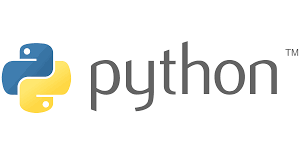
Python is a powerhouse for data analysis due to its robust libraries like Pandas, NumPy, and SciPy for data manipulation, alongside visualization tools such as Matplotlib and Seaborn. Its machine learning capabilities, spearheaded by Scikit-learn and deep learning frameworks like TensorFlow, complement its versatile nature. The interactive environments like Jupyter enhance real-time data exploration, while the vast community support ensures continuous development and plentiful resources. This open-source language’s scalability and integration abilities make it the go-to choice for many analysts globally.
Artificial Intelligence
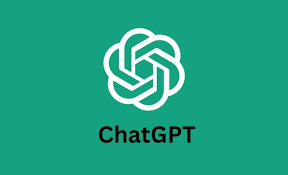
ChatGPT, with its advanced machine learning backbone, can be a valuable tool for data analysis by offering insights, generating linguistic summaries of complex datasets, and assisting in identifying patterns. Its capacity to comprehend and generate human-like text allows analysts to pose queries and receive informative responses, bridging the gap between raw data and actionable intelligence.
Machine Learning
